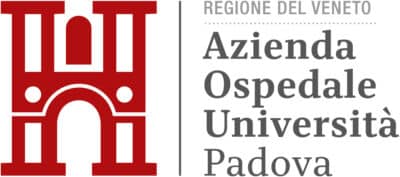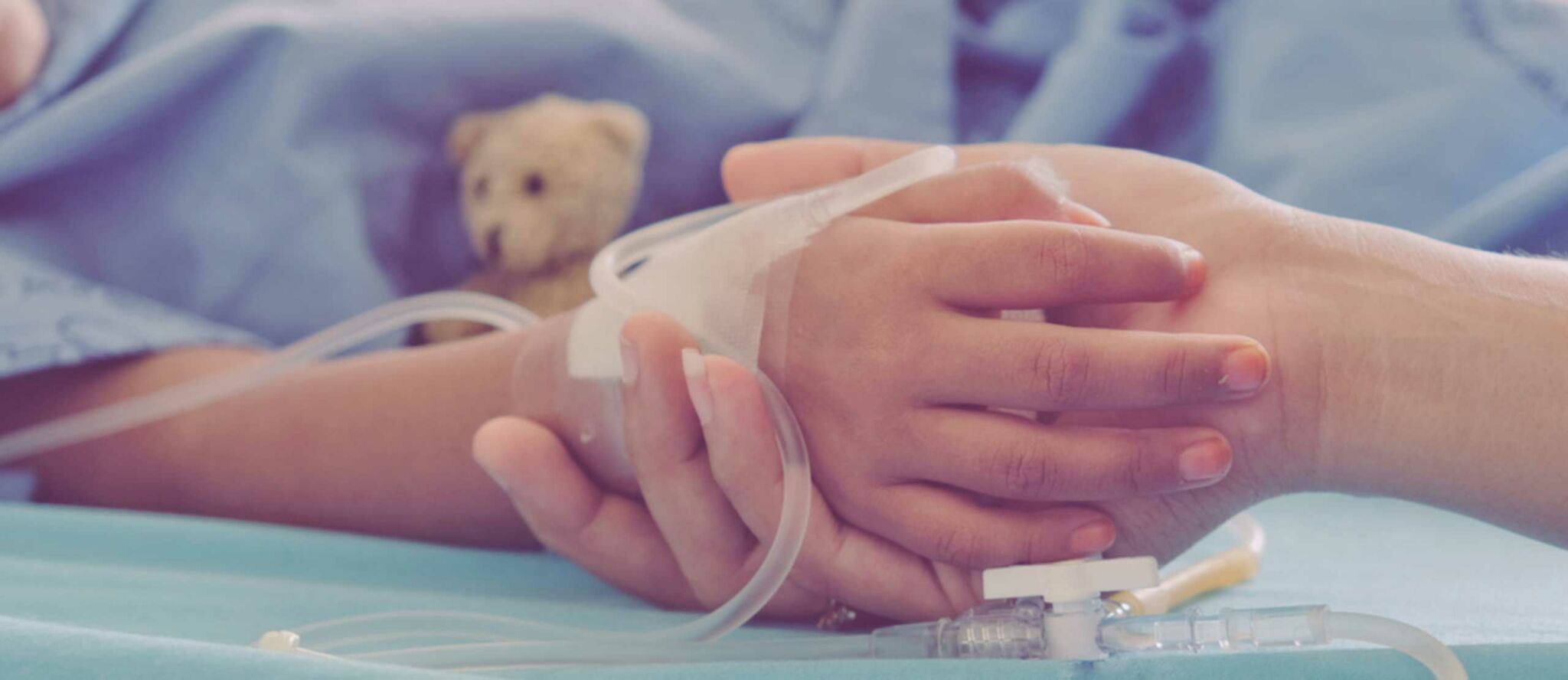

The Master in Pediatric Intensive Care prepares to manage critically ill children, through specific skills, especially useful during emergencies. Those skills are crucial, both in hospitals without a Pediatric Intensive Care Unit, and in those where this service is provided (increasingly widespread also in Italy).
The Course provides interactive EBM theoretical training, and exposure to ward activities, characterized by complex multi-specialty management of critically ill children, under the supervision of a tutor.
At the end of the course, and after passing the final exam, students will receive Second Level Master’s Degree in Pediatric Intensive Care.
The Master in Pediatric Intensive Care prepares professionals on the physiology and physiophatology of critically ill children.
Students will learn how to manage emergency situations, both in Pediatric and in Pediatric Intensive Care Units, by recognizing the signs and symptoms of a critical pediatric patients or of worsening clinical conditions, understanding the meaning of lab and instrumental examinations.
Students will have the chance to acquire knowledge on organ failure situations, and on the related vital support and procedural sedation algorithm, concerning drug usage, airway support, and adverse event monitoring and management.
Also, the course will provide independence in assessing and selecting the diagnostic and therapeutic process in critically ill children, by formulating diagnostic hypotheses and identifying the related, most appropriate diagnostic and therapeutic paths.
It will perfect the students’ communication skills within a multiprofessional team, and with the patient and the family, in emergency and complex care situations.
Lastly, it will provide cultural learning skills, through EBM sources, and by applying research on the pediatric intensive care area
The Master in Pediatric Intensive Care trains pediatrics and anesthesiologists in the pediatric intensive care sub-sector, from infants to young adults.
These professional figures will acquire skills in the management of critical pediatric patients, identifying those at risk, those in emergency and the organ failure conditions and implementing the relative treatment algorithm.
The Master in Pediatric Intensive Care provides in-depth knowledge on the following topics:
- Analgesia and sedation of children in Pediatric Intensive Care.
- Procedural sedation.
- Neurology in critical situations (head trauma, brain death, electrophysiological and ultrasound monitoring).
- Refractory epileptic state (pharmacological management, algorithms).
- Airway management (lessons and workshop).
- Conventional ventilation (invasive and non-invasive, in the main obstructive or restrictive respiratory failure situations, and monitoring).
- Advanced ventilation (Nitric Oxide, high-frequency ventilation, NAVA ventilation).
- Hemodynamic management in critical situations: understanding of physiophatological contexts in children with normal cardiac anatomy and with congenital heart disease, management of acute heart failure, management and treatment of arrhythmia, hemodynamic monitoring.
- Management of post-cardiac surgery patients.
- ECMO (indications for veno-arterial and veno-venous ECMO, management and weaning).
- VAD (indications, methods, and management of extra- and intra-corporeal VAD supports)
- Dialytic support (peritoneal, hemodialysis, and CRRT).
- Sepsis (septic shock management, bundles to prevent hospital infections).
- Transportation of critically ill children (stabilization, monitoring).
- Eco-guided vascular access (lessons and workshop).
- Point-of-care echocardiography (FOCUS, E-FAST, echography of the various areas) (lessons and workshop).
- Ethics in intensive care (ethical dilemmas, communication, palliative sedation).
The Pediatric Intensive Care Unit of the University Hospital of Padua has been certified since May 2006 according to Standard ISO 9001, then updated by ISO 9001:2008 and ISO 9001:2015, which defines the requirements to implement a quality management system, and thus improve the structure effectiveness and efficacy, and obtain and increase the users’ satisfaction.
Since 2010, the Pediatric Intensive Care Unit of the University Hospital of Padua is part of the TIPNET Network (Pediatric Intensive Care NETwork), patrocinated by the Società di Anestesia e Rianimazione Neonatale e Pediatrica Italiana (SARNEPI).
The Network ensures data collection through a registry of inpatients in over 25 Italian Pediatric Intensive Care Units, as the option of collaborating with multi-hub studies.
Information
FAQ
At least two teaching sessions per week are planned.
The lessons take place in dual mode (in person and online) and are all recorded with the possibility of being viewed in an asynchronous mode.
For 3 laboratories, lasting approximately 2 hours each, in-person presence is required. The lesson calendar is made available approximately every six months.
Attendance in the Department includes a maximum of two Masters students per day. Attendance is also possible on Saturdays and Sundays, a continuous week is not necessary.
The Masters managers provide a shared online calendar to register for attendance.
Attendance at the operating room is not expected.
The tutor is assigned based on the proposal of the Master student considering the areas of interest.
The tutor will follow the master student in the preparation of the final thesis and will be available for any critical issues during the Master course.
At the end of the course, a discussion of a research paper related to the student’s area of interest, prepared with the tutor, is planned.
The interview will take place on October 13th starting at 8:30 a.m. online via Zoom.

